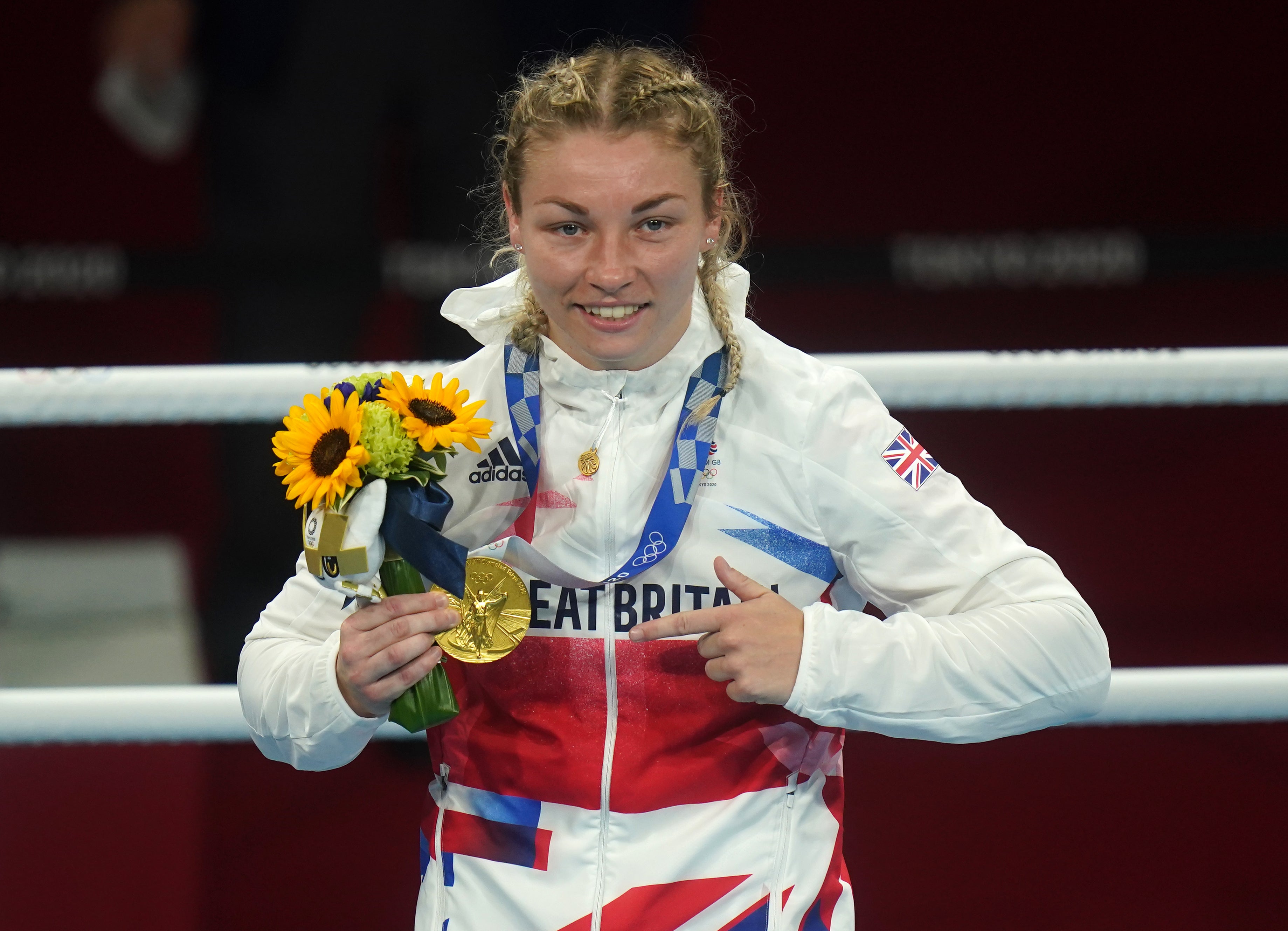Progressive sponsorship brands likely to target Team GB’s female Tokyo stars
Fearless Women chief executive Sue Anstiss believes brands will want to be associated with athletes who showcased their brilliance at the Olympics.

Female stars of Team GB will benefit commercially from a continued societal shift towards embracing strong, fearless women, a women’s sports consultant has said.
Great Britain’s team for the Tokyo Olympics included more women than men for the first time and helped showcase the talent of athletes such as Keely Hodgkinson Bethany Shriever and Lauren Price.
Team GB athletes benefit from National Lottery funding via UK Sport but the Games could also lead to some athletes increasing their earning power via sponsorship.
Sue Anstiss, the author of ‘Game On: The Unstoppable Rise of Women’s Sport’ and chief executive of the Fearless Women group, says brands will want an association with such athletes.
“They are looking to be seen as progressive and to have a sense of purpose, and they are all after that younger audience coming through who want to buy brands, and be associated with brands, that are more inclusive and more diverse,” Anstiss told the PA news agency.
“That is pushing brands to think ‘I can’t have four male athletes and one token female in my line-up, I do need to look at that equally’.
“The profile of women through social media and the ability to hone their own audience and talk directly to an audience, that has definitely shifted too.
“If you think of someone like Simone Biles, with seven million followers on Instagram, that ability to go directly to an audience is really appealing to these brands.
“Brands are waking up too to the power of female purchasers, which has always been there, but recognising that men and women feel positive towards brands that support women’s sport.”
Becky Adlington, a double gold medallist for Team GB at the Beijing Olympics, spoke before Tokyo about how she hoped the Games would tackle the stigma around sport and femininity.
Anstiss believes the qualities of female athletes are now precisely those that brands are looking for.
“Even five or 10 years ago, being what was considered conventionally attractive and feminine – the slim, blonde, leggy athlete, was likely to earn you more money in terms of endorsement and funding than being a strong powerful athlete,” she said.
“I think that stigma is changing. Brands that are celebrating everything about a strong and powerful body help to drive that change in society too.
“The women almost stand out, they are that point of difference. With someone like (BMX rider) Beth Shriever, who are making their name in a sport that has more traditionally associated with boys, there’s a chance to align yourself with an athlete who sets themselves apart from the norm.
“Through that, a brand will get that awareness and reach through those athletes who are celebrated for their skill-set and performance in a way that has been associated with men and boys.”
While Anstiss believes sponsorship earnings from men’s football will always be an outlier, she is confident that in other areas equality is more achievable.
“There’s no reason female rugby players, female cricketers and all those involved in Olympic sports shouldn’t be paid the same and be as appealing to sponsors, if not more so, because women’s sport brings so many traits to it that men’s sport doesn’t bring,” she said.
Asked about the single impact of Tokyo on female athletes’ earning power, Anstiss said: “It will contribute, but it’s a constant building, with events like The Hundred, the Women’s Super League and the Commonwealth Games next year. Tokyo – along with what we’re seeing right now and what will come next year – will be part of that transition.”